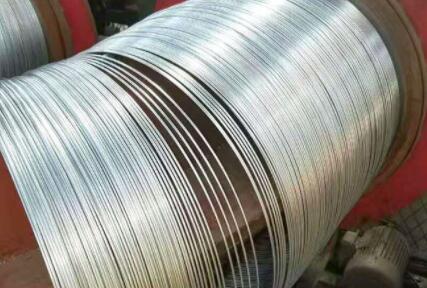The Importance of Concrete Nails and Screws in Construction
In the realm of construction and home improvement, the choice of fastening materials plays a critical role in ensuring structural integrity and durability. Among the essential materials used in these processes are concrete nails and screws. These specialized fasteners provide the strength and resilience required to secure projects that involve concrete, masonry, and other hard surfaces.
Understanding Concrete Nails
Concrete nails are specifically designed for fastening materials to concrete or masonry surfaces. Made from hardened steel, these nails can withstand the impact and pressure that comes with driving them into tough surfaces. They are equipped with a tapered point that allows for easier penetration into hard materials. The surface of concrete nails often features grooves, which help to grip the surrounding material, providing a secure hold.
When using concrete nails, it is important to select the right type for your project. Nails can vary in length and thickness, depending on the application. For instance, shorter nails may be suitable for lightweight materials, while longer nails are best for securing heavier items like framing. Additionally, some nails are treated with corrosion-resistant coatings, making them ideal for outdoor use or in areas exposed to moisture.
The Role of Concrete Screws
Concrete screws, also known as masonry screws, have revolutionized how professionals and DIY enthusiasts approach fastening in concrete. Unlike traditional concrete nails, which are driven in with a hammer, concrete screws are installed using a drill. This method allows for increased precision and reduces the risk of surface damage.
concrete nails screws

Concrete screws are designed with a unique thread pattern that provides superior holding power. When driven into pre-drilled pilot holes, the screw threads cut into the concrete, creating a tight and secure fit. This feature makes them especially useful for applications where a strong bond is necessary, such as anchoring shelving units, installing heavy fixtures, or attaching brackets.
The versatility of concrete screws cannot be overstated. They come in various sizes and can be used with a range of materials, making them suitable for a multitude of applications both indoors and outdoors. Moreover, many concrete screws are treated to resist rust and corrosion, further extending their usefulness in different environments.
Choosing the Right Fastener
When deciding between concrete nails and screws, several factors should be considered. The nature of the project, the materials being used, and the load requirements all influence the choice of fasteners. For instance, concrete nails may be more appropriate for projects that require rapid installation and less precision, while concrete screws offer better resistance to pull-out forces and a more refined installation process.
It is also crucial to consider the tools required for installation. While concrete nails can be installed with a hammer or pneumatic nailer, concrete screws necessitate a drill and the appropriate drill bits. This can affect project timelines and overall labor costs, so planning ahead is essential.
Conclusion
Concrete nails and screws are indispensable tools in the construction industry. Their unique properties and applications make them ideal for securing materials to concrete and masonry, ensuring that structures are built to last. By understanding the differences between these two types of fasteners and selecting the right one for each specific task, builders can enhance both the safety and longevity of their projects. Whether for professional use or DIY endeavors, investing in high-quality concrete nails and screws is a step towards achieving strong and reliable results. As construction demands continue to evolve, so too will the innovations in fastening technologies, further improving the efficiency and effectiveness of building practices.

















